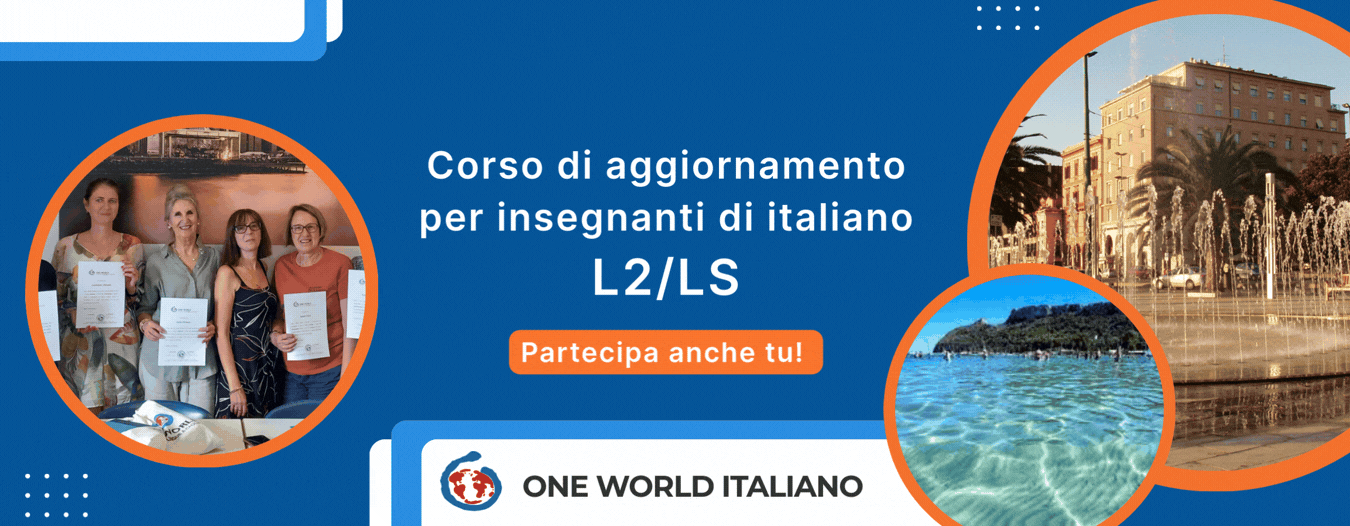Conditional Forms
The conditionals are formed by adding to the future root and has two tenses: 1) The Present Conditional (or Simple Conditional) is used: to express yourself politely Vorremmo parlare con il direttore di quest’albergo. (We would like to talk to the director of this hotel.) Per favore, potresti chiudere la finestra? (Could you close the window, please?) to express the possibility of carrying […]
Read more


